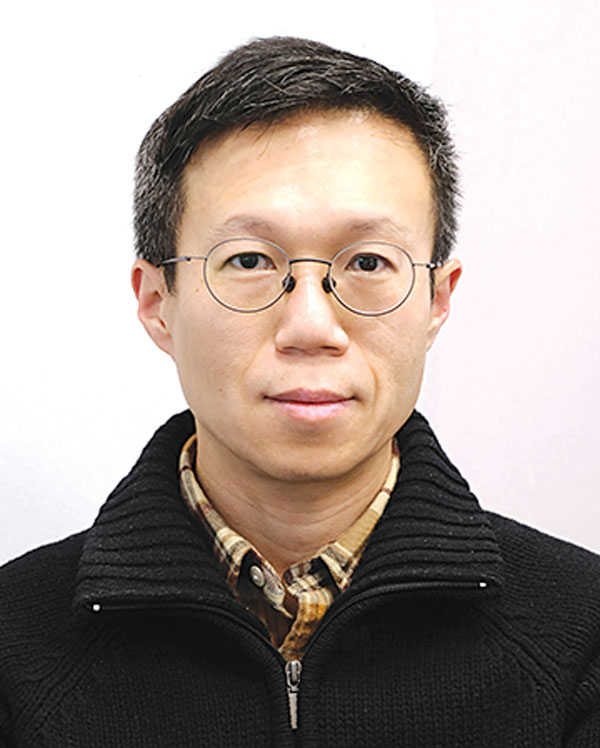Bailey Sutherland, Daily Herald
Eight University of Saskatchewan researchers, including a biologist researching ways to enhance global food security and Canadian agriculture, have been awarded a collective $1.3 million by the Canadian Foundation for Innovation (CFI). The funding will be used for state-of-the-art equipment to support leading-edge projects in human health, food security, environmental protection, public safety, and computer technology.
“This critical investment provides the cutting-edge tools our researchers need to advance a range of exciting and innovative projects that hold promise to improve the lives of Canadians,” said University of Saskatchewan’s Vice-President of Research Karen Chad in a press release. “These advanced tools will help our talented researchers become leaders in their fields as we work to address global challenges in areas such as food and water security.”
Federal Science and Sport Minister Kirsty Duncan announced CFI’s John R. Evans Leaders Fund (JELF) awards on August 12th in Edmonton. The John R. Evans Leaders Fund “enables a select number of an institution’s excellent researchers to undertake leading-edge research by providing them with the foundational research infrastructure required to be or become leaders in their field”, according to the CFI website. If a university has been donated a minimum average of $200,000 for research funding in the past three years by the Canadian Institutes of Health Research, Natural Sciences and Engineering Research Council of Canada and the Social Sciences and Humanities Research Council of Canada they are eligible to apply for the JELF.
Byung-Kook (Brian) Ham, a biologist in the College of Arts and Science at the University of Saskatchewan, was awarded $225,000 to support his research of real-time imaging of plant long-distance molecular signalling agents. Brian says he is “researching ways to enhance global food security and Canadian agriculture through breeding crop plants that are better at acquiring mineral nutrients and using them more efficiently at times of environmental stress”.
By using a confocal microscopy platform that will provide high-resolution live imaging of cells in plant vascular systems. This will enable him to understand the mobile dynamics of potential signalling molecules that function as mediators—communicating nutrient demands between plant root and shoot systems. Ham holds the Research Chair in Plant Molecular Signalling and Root-Soil-Microbial Interactions at the University of Saskatchewan’s Global Institute for Food Security.
The vision of the Global Institute for Food Security (at the University of Saskatchewan) is to create science that delivers sustainable food security for the world. This research, funded by the CFI, will contribute to this vision, the university says.
Ham says this will develop new strategies for breeding programs that are targeted at enhancing the way crop plants acquire nutrients and use them efficiently.
Other JELF award winners include:
• Matt Lindsay, geochemist in the College of Arts and Science, aims to reduce the environmental impact and financial liability of oilsands mining. • Philip McLoughlin, biologist in the College of Arts and Science, aims to improve northern wildlife surveying for conservation and food security
• James Benson, a biologist in the College of Arts and Science, is working on improving technology to safely freeze biological material (cryopreservation) over long periods at extremely cold temperatures.
• Linda Chelico, microbiologist in the College of Medicine, aims to develop a new therapy for HIV.
• Alexander Crizzle, School of Public Health, aims to make roads safer and saving the health-care system millions annually by rehabilitating bad drivers.
• Markus Brinkmann, School of Environment and Sustainability and a faculty member with the USask Global Water Futures program, Brinkmann’s goal is to understand and manage the toxicological risks to aquatic organisms, and ultimately humans, on a river basin scale.
• Li Chen, College of Engineering, aims to improve the reliability of silicon chip technology devices such as computer microprocessors, implanted medical devices, and aerospace instruments.
CFI’s JELF awards fund up to 40 per cent of a project’s total cost. Researchers also rely on support from provincial governments, universities, and in-kind support from vendors for the equipment.


